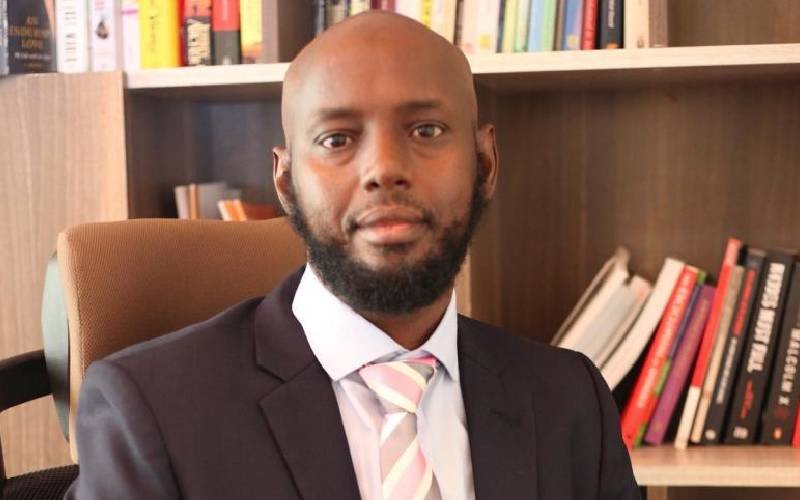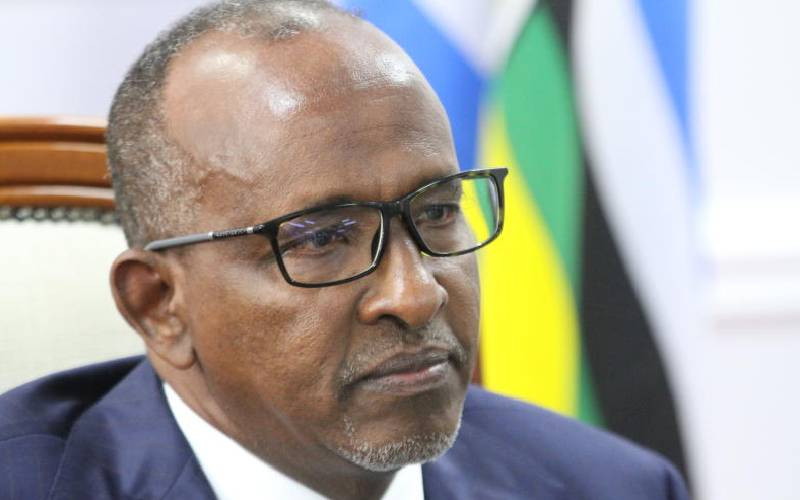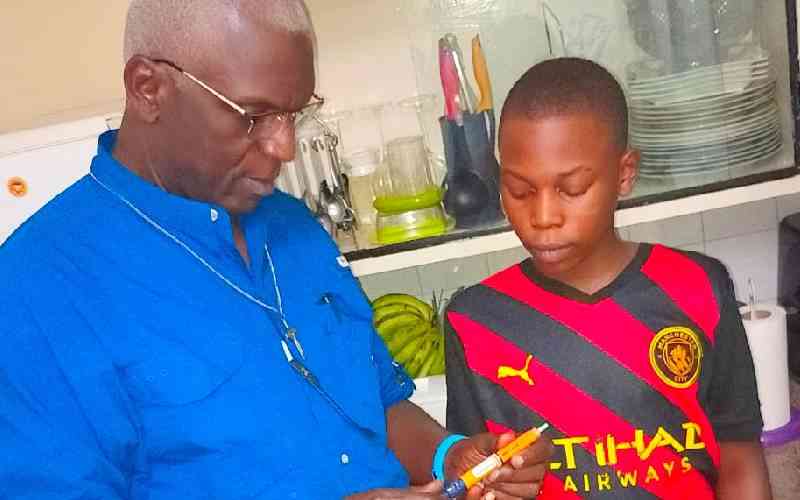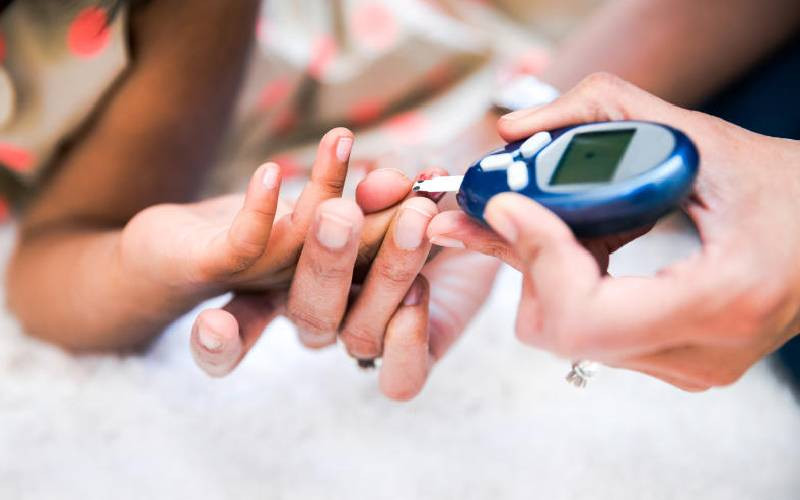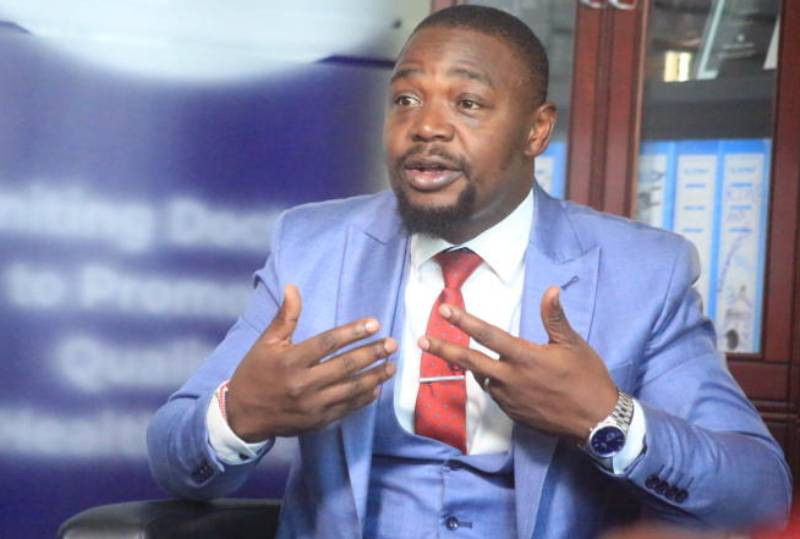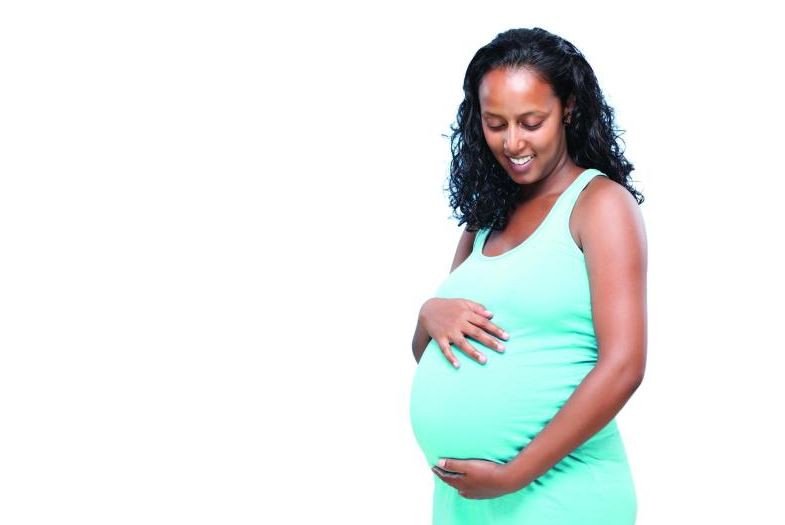
Are you a pregnant woman in a malaria-endemic zone, such as the Lake Basin region or the Kenyan coast?
When you feel sick – with symptoms that would suggest a malaria infection: fever, chills, sweating, headache, body and muscle aches, nausea, vomiting, and loss of appetite, do not self-medicate.
Buying antimalarial drugs over the counter is strongly discouraged. “It is very important that medicine in pregnancy is safe; meaning it’s not going to harm the developing foetus. Medicines are chemicals, and pregnant women, and foetuses are so vulnerable to chemicals,” says Dr Martin Fitchet, CEO of Medicines for Malaria Venture (MMV), a global not-for-profit whose purpose is to make effective antimalarial therapies available affordably.
 The Standard Group Plc is a multi-media organization with investments in media
platforms spanning newspaper print
operations, television, radio broadcasting, digital and online services. The
Standard Group is recognized as a
leading multi-media house in Kenya with a key influence in matters of national
and international interest.
The Standard Group Plc is a multi-media organization with investments in media
platforms spanning newspaper print
operations, television, radio broadcasting, digital and online services. The
Standard Group is recognized as a
leading multi-media house in Kenya with a key influence in matters of national
and international interest.

